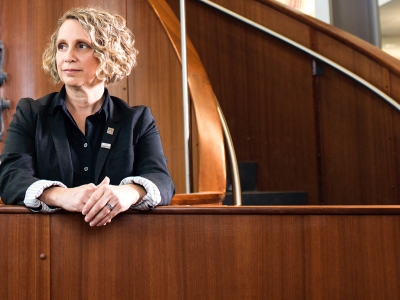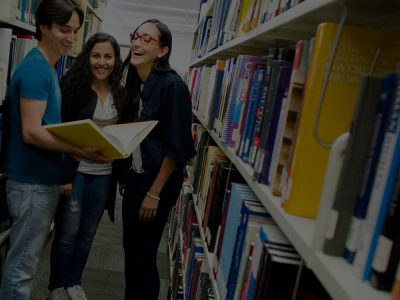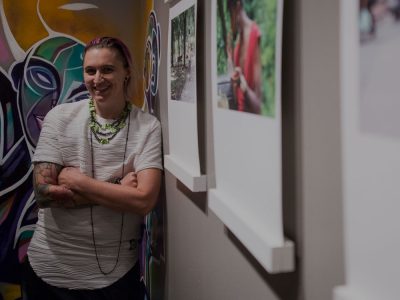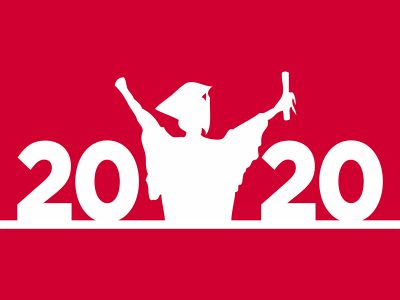Lead image by microgen / iStock
By Joseph Mathieu
Everyone has a right to a healthy standard of living and access to quality healthcare services – as outlined in Article 25 of the UN Declaration of Human Rights.
But in 2021, an estimated 4.5 billion people—over half of the world’s population—struggled to access essential health services and care. This global challenge requires not just more support from governments but a paradigm shift in healthcare.
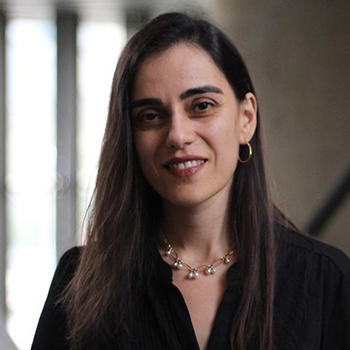
Carleton University assistant professor Nadine Ijaz
Nadine Ijaz, an assistant professor in Carleton University’s Department of Law & Legal Studies, is helping facilitate this shift with important research in the field of traditional, complementary and integrative medicine (TCIM).
“A mix of Western-based healthcare, traditional medicine and more recent complementary therapeutics is more common than most people realize,” explains Ijaz, Director of Carleton’s TCIM lab.
“Over half of Canadians and a third of Americans use therapeutic approaches that are not fully accepted in mainstream healthcare—things like nutritional supplements, meditation, music therapy, resilience training and much more.”
Cultural Importance of Integrative Medicine
Integrative medicine combines conventional Western ‘biomedicine’ – a branch of medical science that focuses on applying biological and physiological principles to clinical practice – with a range of non-biomedical, evidence-informed approaches to healthcare. These include Indigenous traditional medicine approaches, traditional Chinese medicine and Ayurvedic medicine—as well as practices like acupuncture, herbal medicine, massage therapy and reiki.
While not generally taught at medical schools, many non-biomedical therapeutic approaches are culturally important and offer holistic pathways to health and wellness that go well beyond the treatment of symptoms.
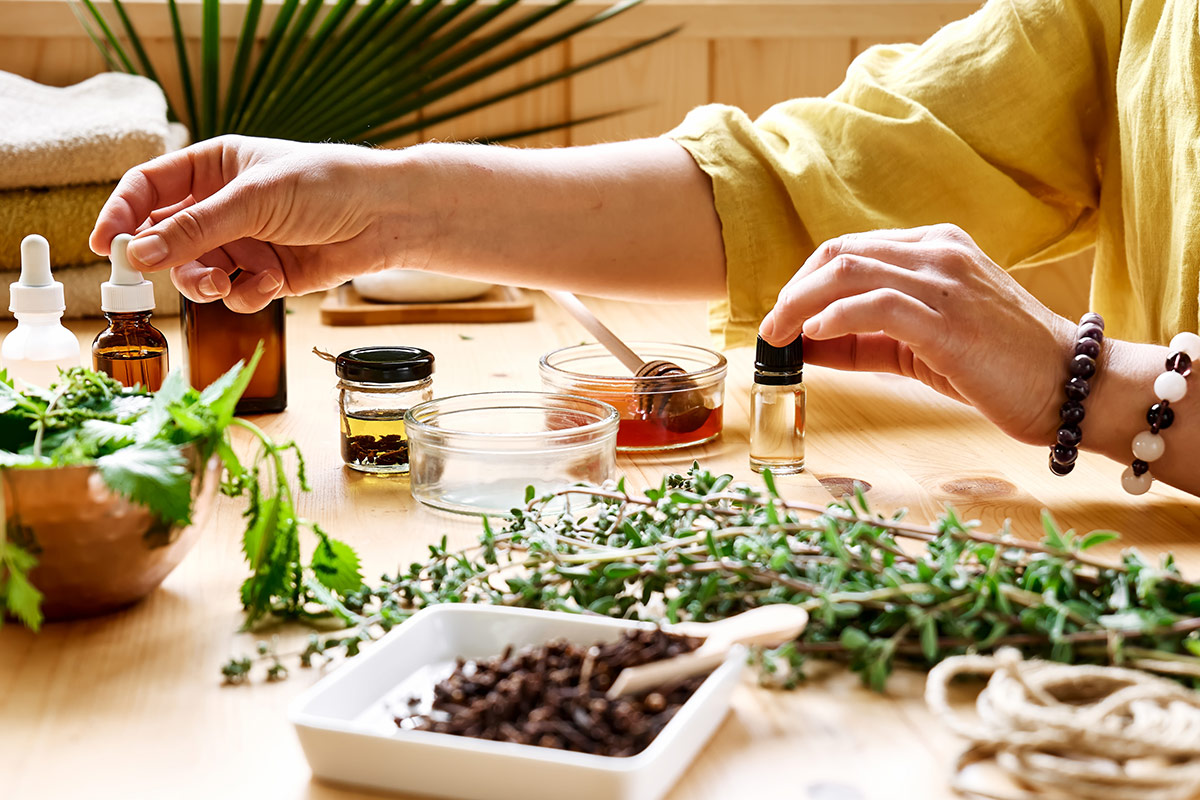
Photo by Ekaterina Fedulyeva / iStock
“Science is always defined by the culture and histories that surround it,” says Ijaz.
“What we call Western medicine is not universal. It’s a relatively new therapeutic system that was born in 17th-century Europe and it’s just another way of knowing about health.”
Throughout her career, Ijaz has studied nutrition, shiatsu therapy, traditional Chinese medicine, and earned an MSc in Herbal Medicine. Over 15 years, she practiced as a shiatsu therapist and medical herbalist, and taught at professional schools of holistic nutrition, herbal medicine and East Asian medicine. Eventually, she decided to move beyond helping individuals and work on the conditions that help healthcare professionals continue to practice and to thrive.
“I felt I had got as far as I could within the field itself, as a clinician and as an educator, and I wondered whether by taking the research angle I could move the needle on a larger scale.”
Ijaz joined Carleton in 2021 and where she founded the TCIM Lab. Through interdisciplinary and inter-institution collaborations, the TCIM Lab’s work builds research capacity, and aims to inform policy at local and international levels.
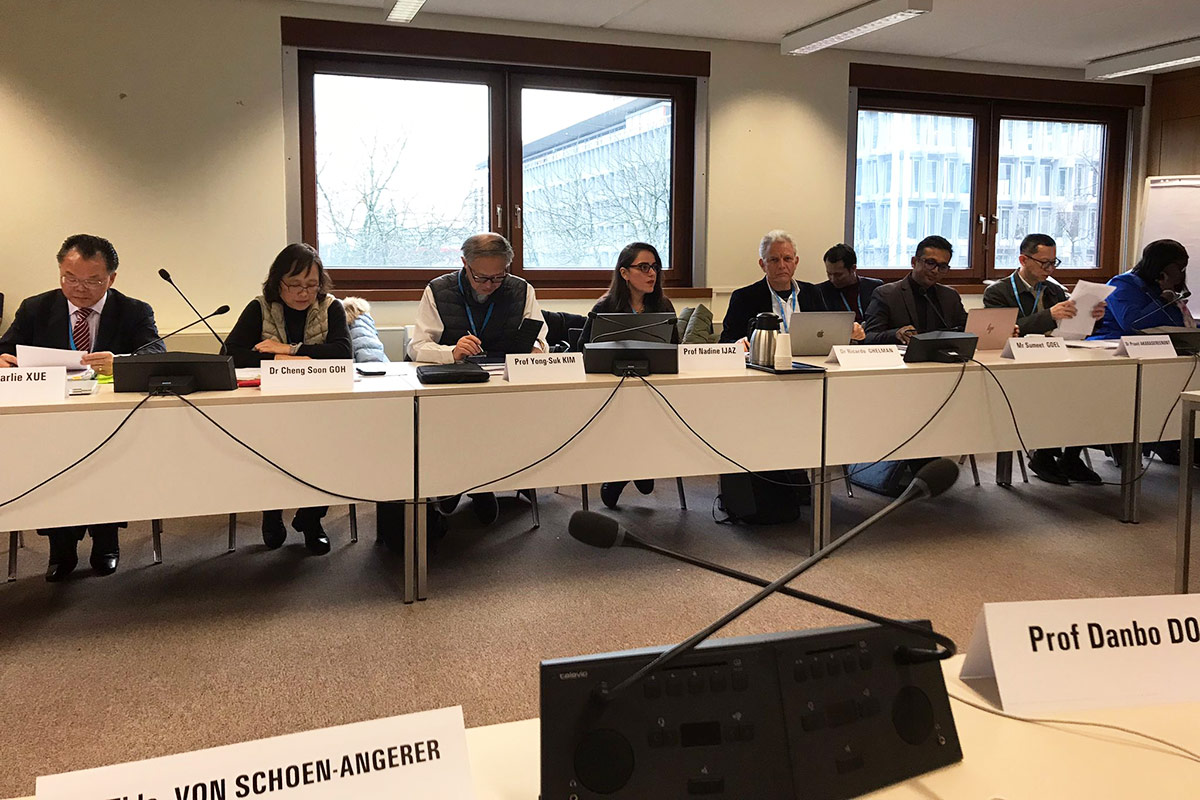
Working with The World Health Organization
In the late 1970s, the World Health Organization (WHO) committed to advancing traditional and complementary medicines within national health systems across the globe. Ijaz is working closely with WHO on several activities.
Notably, she is the co-lead investigator on a major study that is reviewing research methods in TCIM, with an emphasis on traditional and Indigenous knowledge systems. The review team includes over two dozen leading scholars from every continent across the globe.
“To me, it’s a dream,” says Ijaz.
“I didn’t know I’d ever see this in my lifetime, and I get to do the project. It’s really setting the stage for further work in this field and a rethink of what’s legitimate evidence—in itself a radical question.”
Ijaz is also active in a range of other WHO activities. In August 2023, she presented at the first WHO Traditional Medicine Global Summit and, in November 2023, she joined 14 other TCIM field experts in Geneva to help inform the WHO Traditional Medicine Strategy 2025-2034. This updated strategy will offer guidance to member states on policy frameworks for regulating TCIM products, practices and practitioners, and integrating traditional and complementary medicine into national health systems. Ultimately, it should help strengthen the role played by traditional and complementary medicine in maintaining population health.
This January, Ijaz spoke about decolonizing approaches to evidence-informed decision making at a WHO event in Thailand, and in March she was an online delegate at an international meeting to advance WHO’s TCIM-related work planning.
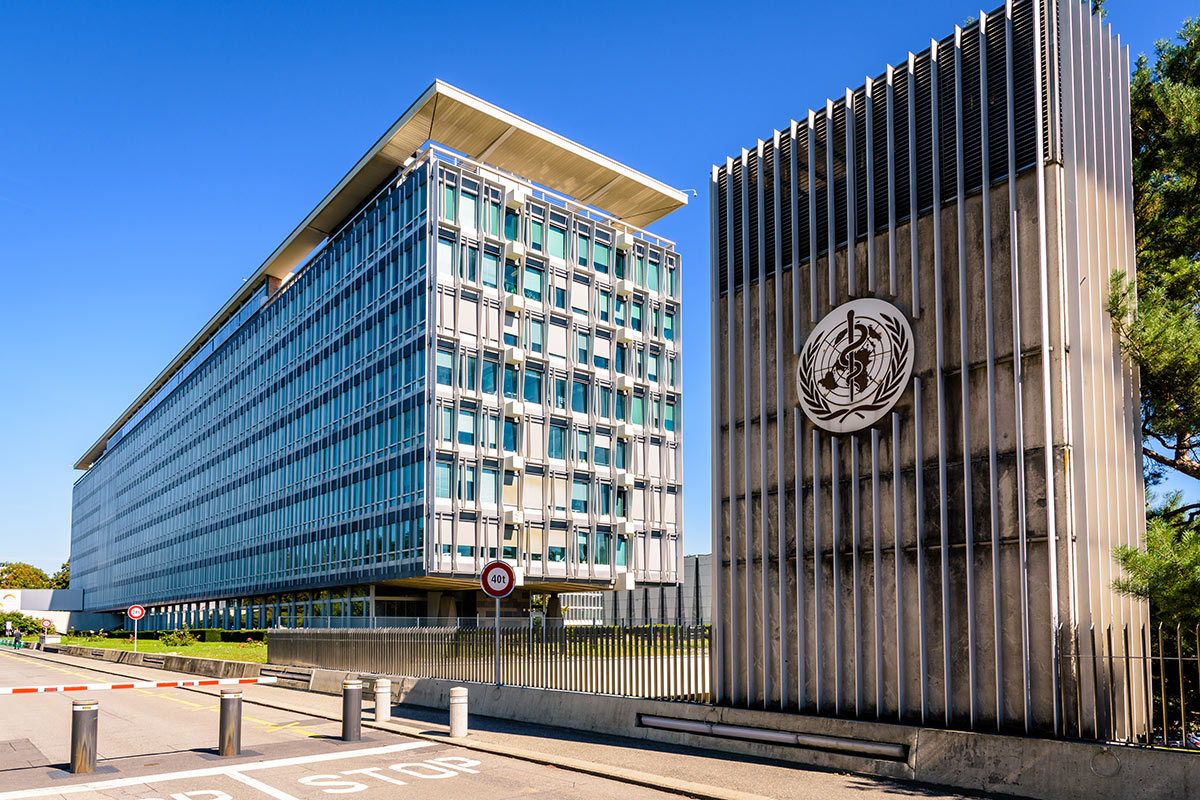
TCIM: An International Movement
Through the TCIM Lab at Carleton, Ijaz is also leading other research projects, including one funded by the Canadian Institutes of Health Research (CIHR) that investigates integrative medicine in Canada and the United States. She is also conducting policy research on traditional and complementary medicine governance structures in sub-Saharan Africa alongside partners in Kenya, Australia, Tanzania and the U.S.
“Our work doesn’t just include qualitative research and health research—we are thinking deeply about what knowledge systems underpin non-conventional therapeutic practices around the world, and what this means for health care governance and delivery more broadly,” she says.
Even when modern treatments are very effective, they can often be as challenging as the disease. Studies show, however, that practices done in tandem with conventional chemotherapy and radiation treatments—things like stress and mental health counselling, nutrition and diet advice, and exercise therapy—can often alleviate side effects and sometimes make those cancer treatments more effective.
“The TCIM movement is not trying to displace or set aside conventional medicine. But it offers us the chance to ponder how these things can fit together,” says Ijaz.
“We can ask, ‘How do we transform health systems to make them more inclusive?’ I firmly believe that traditional medicine has much to offer in terms of both prevention, treatment and culturally-relevant healthcare delivery. People should be able to get expert advice and access the care that is right for them.”
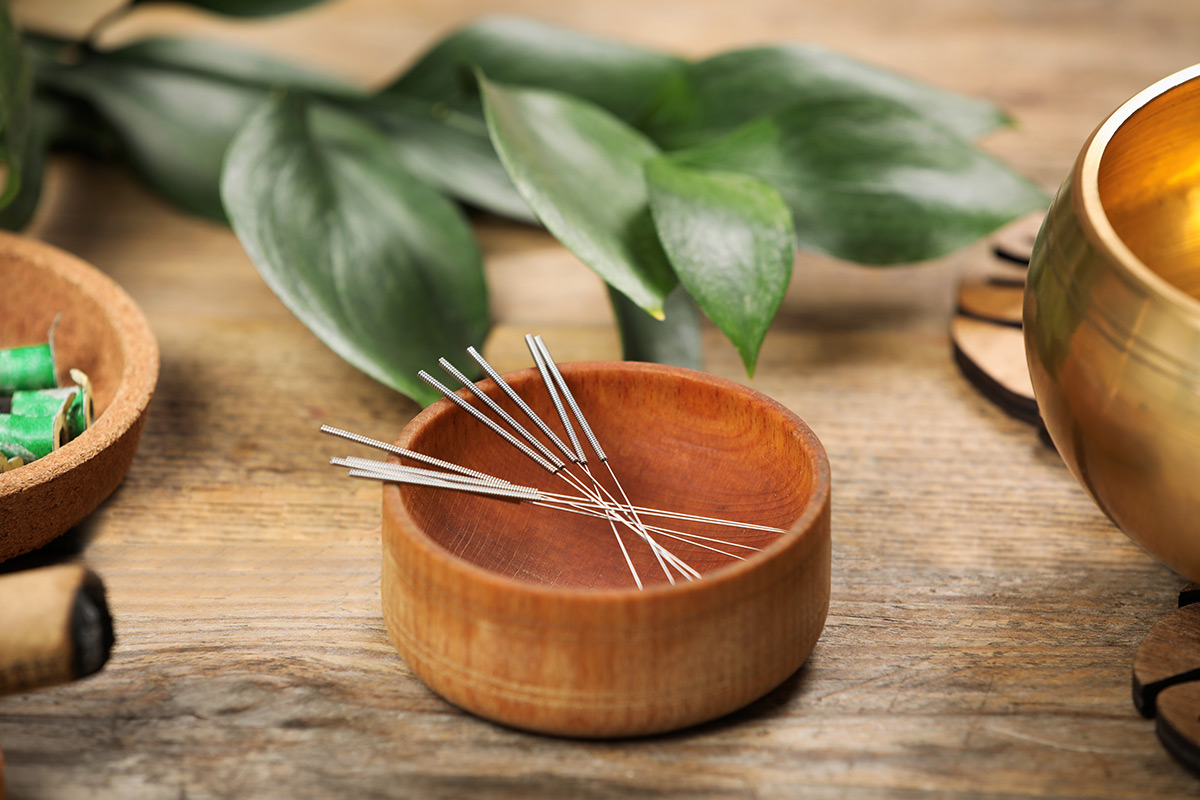
Thursday, April 4, 2024 in Health, Law and Legal Studies
Share: Twitter, Facebook
